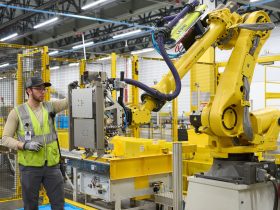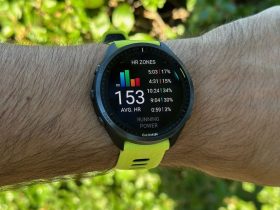A recent study from UCLA highlights that artificial intelligence (AI) is surpassing doctors in detecting prostate cancer in men. The research reveals that an AI tool, developed by Avenda Health and known as Unfold AI, achieved an accuracy rate of 84% in identifying prostate cancer, compared to 67% accuracy achieved by physicians.
This tool, recently approved by the US Food and Drug Administration, utilizes AI algorithms to analyze various clinical data to visualize the likelihood of cancer.
In the study, a team of seven urologists and three radiologists reviewed 50 cases of prostate cancer where tumors had been surgically removed, searching for residual cancer. A few months later, the AI software re-evaluated the same cases.
The results indicated that the AI tool had a significantly higher “negative margin rate,” which measures the absence of cancer cells in the surrounding tissue. This suggests that AI-detected cases had a considerably lower chance of residual cancer remaining after surgery.

Dr. Ali Kasraeian, a urologist who incorporates Unfold AI into patient consultations, emphasizes the tool’s role in determining the most suitable treatment options, such as focal therapy or radical prostatectomy.
By creating a 3D cancer map from a patient’s clinical data, Unfold AI helps in personalizing treatment plans and potentially reducing the need for extensive procedures, thereby minimizing side effects like incontinence and impotence.
Joshua Trachenberg, a UCLA professor and prostate cancer patient, shared his positive experience with AI technology. After his own cancer diagnosis, he avoided radical prostatectomy by opting for an experimental therapy guided by the AI-generated 3D map.
This approach targeted only the cancerous tissue, preserving the rest of his prostate gland and avoiding significant side effects. Trachenberg advocates for exploring AI options to enhance treatment choices and reduce the need for drastic surgical interventions.
Despite its benefits, there are potential risks and limitations associated with AI in healthcare. Dr. Harvey Castro points out that the accuracy of AI is highly dependent on the quality of the data used for training the algorithms.
He warns against overreliance on AI, emphasizing that it should complement, not replace, clinical judgment. Additionally, concerns about patient privacy and the cost of AI technologies must be addressed to ensure accessibility and maintain trust in these advancements.







Leave a Reply